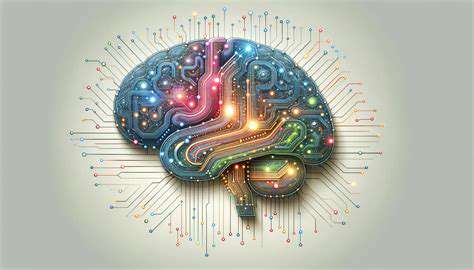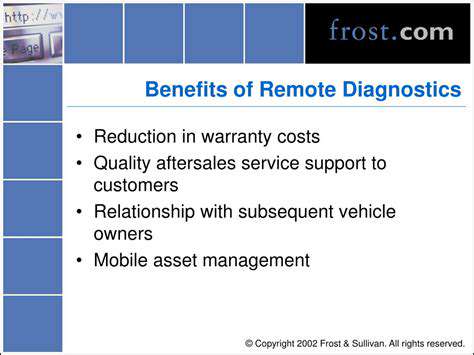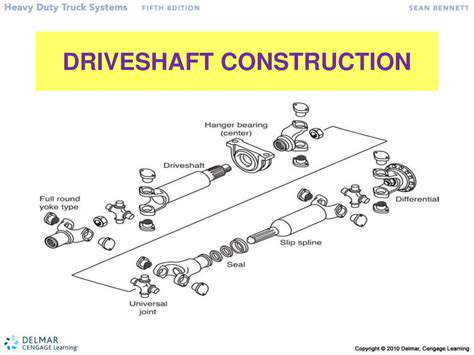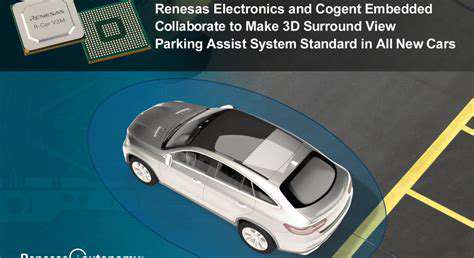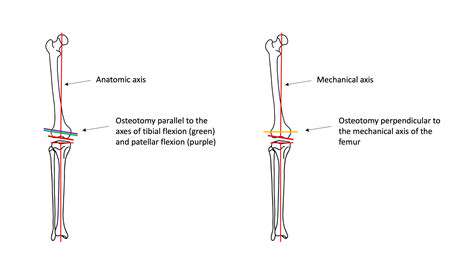Maintaining Your Car's Electrical System
Understanding Battery Health
Maintaining a healthy car battery is crucial for a reliable electrical system. A weakened or failing battery can lead to a multitude of problems, from difficulty starting the engine to intermittent malfunctions in various electrical components. Regular checks, including visual inspections for corrosion and terminal tightness, are essential. Ensure the battery terminals are clean and free of corrosion, as this can significantly impact the battery's ability to charge and deliver power effectively. Understanding the battery's voltage and capacity through periodic testing can also help predict potential issues before they escalate.
Beyond basic maintenance, consider the environmental conditions your car faces. Extreme temperatures, whether scorching heat or frigid cold, can significantly impact battery performance. Storing your vehicle for extended periods can also affect the battery's charge. Taking these factors into account, you can proactively address potential problems and prevent costly repairs down the line. Proper charging procedures and storage recommendations can extend the lifespan of your battery considerably.
Inspecting Wiring and Connections
The intricate network of wires within your car's electrical system is vital for transmitting power to various components. Regularly inspecting these wires for damage, such as frayed insulation or exposed conductors, is paramount. Damaged wires can cause short circuits, leading to electrical malfunctions and potentially dangerous situations. Pay close attention to areas prone to wear and tear, such as under the hood or near components frequently exposed to vibrations or harsh weather conditions.
Ensuring proper connections is equally important. Loose or corroded connections can restrict the flow of electricity, causing intermittent issues or complete system failures. Clean and tighten all connections regularly, using appropriate tools and techniques to avoid potential damage to wires or components. This preventative measure can prevent a multitude of electrical problems, ensuring a smooth and reliable operation of your car's electrical system.
Addressing Electrical Components
Regularly checking the status of essential electrical components like the alternator, starter motor, and various sensors is vital for maintaining a healthy electrical system. A malfunctioning alternator, for instance, can cause the battery to discharge quickly, leading to starting problems. The starter motor is another crucial component, and its proper functioning is essential for smooth engine starts. Regular inspections and replacement of faulty components when needed will prevent more significant problems from arising. Paying attention to warning lights and unusual noises can help you identify potential issues early on.
Sensors, such as those for the ignition system or the charging circuit, play a critical role in monitoring and regulating the electrical system. A faulty sensor can cause misfiring, incorrect readings, or other related issues. If you encounter any of these signs, taking your vehicle to a qualified mechanic for proper diagnosis and repair is crucial. This proactive approach ensures optimal performance and prevents potential safety hazards associated with an improperly functioning electrical system.
Furthermore, understanding the specific electrical components in your car model is crucial. Different models may have unique requirements or potential problem areas. Consult your owner's manual or a reliable automotive resource for specific advice and recommendations tailored to your vehicle.
The Role of Electrical Systems in Modern Vehicles
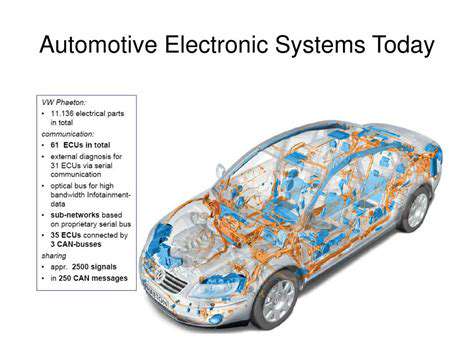
The Fundamental Importance of Electrical Systems
Electrical systems are fundamental to modern life, underpinning countless aspects of our daily routines. From powering our homes and businesses to enabling complex technological advancements, their role is undeniable. Understanding the intricate workings of these systems is crucial for appreciating their pervasiveness and impact. These systems provide the essential energy required for a wide range of applications, from the simplest tasks to the most sophisticated technologies.
Power Generation and Distribution
The generation of electricity, whether from fossil fuels, renewable sources, or nuclear power, is a crucial first step. Efficient and reliable distribution networks are essential to transport this power to where it's needed. This involves a complex interplay of high-voltage transmission lines, transformers, and substations, all working together to ensure a consistent flow of electricity. These systems must be meticulously maintained to prevent outages and ensure the smooth operation of the entire network.
Electrical Systems in Domestic Applications
Within our homes, electrical systems are indispensable. Lighting, appliances, and electronic devices all rely on electricity for their operation. Properly designed and installed wiring and circuitry are critical for safety and efficiency. The correct installation and maintenance of these systems are essential to prevent electrical hazards and ensure the safe functioning of our homes.
Industrial Applications and Automation
In industrial settings, electrical systems are vital components in automation and manufacturing processes. These systems are often highly complex, encompassing intricate control systems and sophisticated machinery. The precise and efficient operation of these systems directly impacts production output and overall efficiency. From assembly lines to complex robotics, electrical systems are the driving force behind many industrial processes.
Safety Considerations and Regulations
The safe operation of electrical systems is paramount. Improper wiring, faulty equipment, and inadequate safety procedures can lead to serious accidents and hazards. Strict regulations and safety protocols are in place to mitigate these risks and ensure the well-being of personnel. Electrical safety training and regular maintenance are crucial elements in preventing accidents and maintaining a safe working environment.
The Future of Electrical Systems
As technology advances, so do electrical systems. The integration of renewable energy sources, smart grids, and energy-efficient technologies are transforming the landscape of electrical infrastructure. Looking ahead, the development of sustainable and efficient electrical systems will be critical to addressing the challenges of a growing global population and climate change. Innovation in this field promises to usher in a new era of power generation and distribution, with significant implications for the future.
